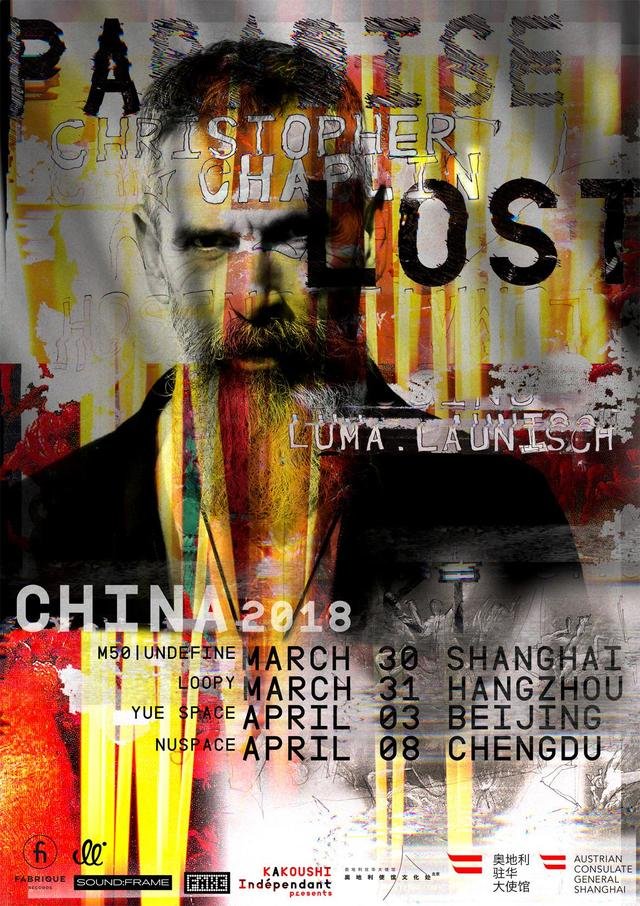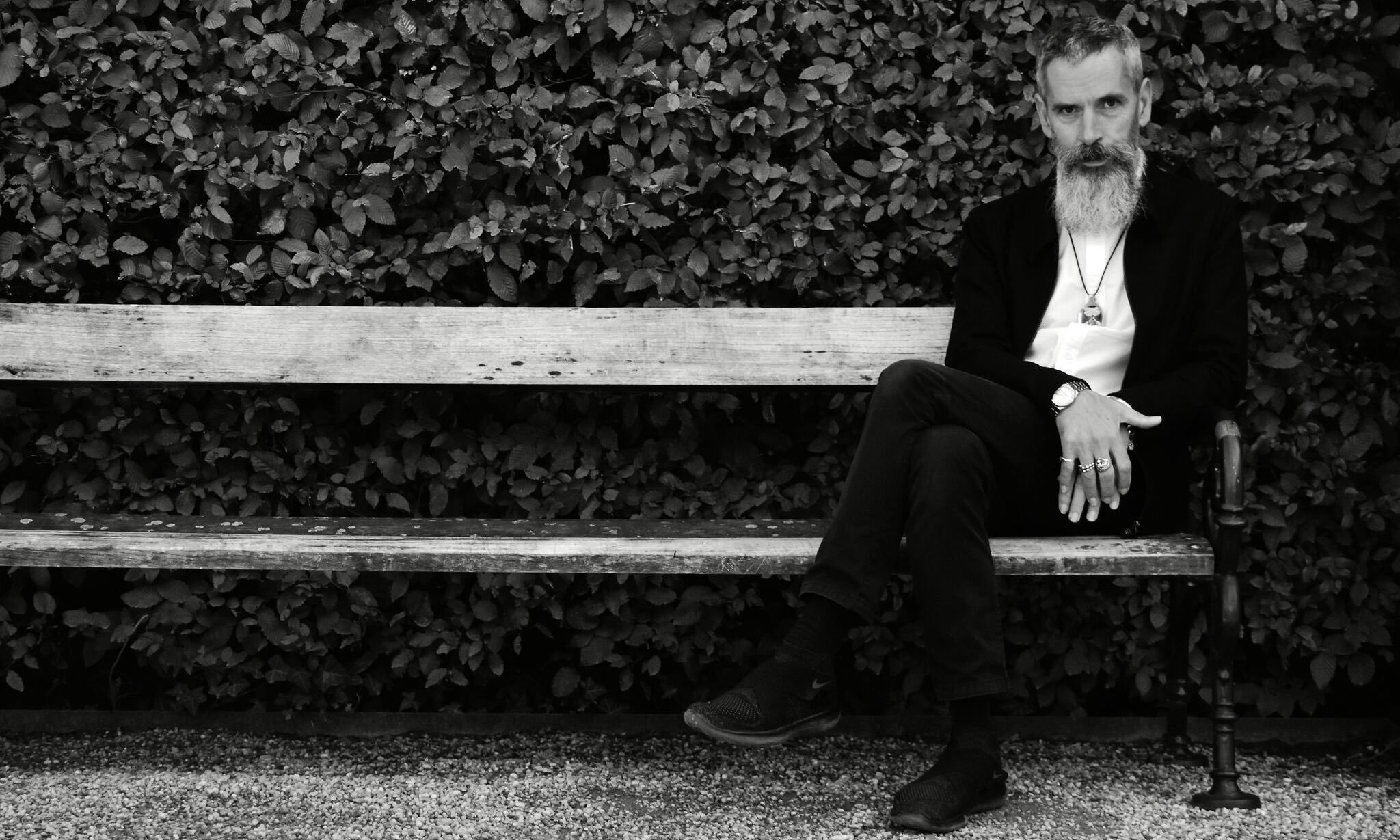"Music is Therapy": An Interview With Experimental Electronic Music Composer Christopher Chaplin
With our attention spans shrinking in this smartphone age, it can be hard to find the time to submerge yourself in the aural plains of experimental electronic music. But for Christopher Chaplin, it's the everyday sounds around us – a bump, a voice, the ringing of a bell – that inform his compositionally intricate music.
Eerie, roaming, beautiful, and wilting, Chaplin takes inspiration from chamber music and medieval texts, mixing both with a contemporary deftness. You're also more likely to find him playing an art gallery or a festival over a club or a bar. His live shows are often complemented by works from visual artists and take the audience on an audio-visual journey between lulling its viewers into a sense of comfort before sneaking up with an unexpected turn. In that sense, Christopher Chaplin's is an intricate and sophisticated face in the electronic music world and as the term "producer" doesn't do that work justice, "composer" is adopted instead.
We spoke to Chaplin ahead of the first date of his China tour, Apr 3 at Yue Space, where he'll be reworking songs from his upcoming album Paradise Lost.

Your music weaves in classical instruments and orchestral samples more than you may usually hear in contemporary electronic music. Where does that influence come from? What is your relationship with the academic music world?
Christopher Chaplin: My first love for music came from listening to classical music. At the time when I was about 16 years old, I wanted to be a classical pianist or a composer. I took composition lessons for a very brief period of time. That's a far as I got with an academic formation. I have a very basic and limited theoretical understanding of music. I just about know how to read and write music.
You play in art galleries, museums, and festivals. How does that tend to affect your audience make-up?
Until now, most of my live performances have been with [veteran German experimental musician] Hans Joachim Roedelius. They always took place in interesting venues, often galleries. The audience has always been surprisingly young. There is a renewed interest, I think, and appreciation of the music that was being created at the time in Germany from 1968 onwards.
You are the son of Charlie Chaplin. Has carrying his surname ever presented you with difficulties or was it relatively painless to carve out your own niche and get people to look past the name?
Music is therapy for me. I am not so much trying to carve out my own niche as trying to discover my own identity. It is something that is very personal, and quite self-centered. How people perceive what I do, or who I am is not something that concerns me in this journey.

Tell us about your second solo Paradise Lost album, to be released in June.
The inspiration for Paradise Lost came about from hearing a friend speak those very words: paradise lost. There seems to be so much nostalgia nowadays for a paradise. And humans will create hell in order to achieve it ... I took a few verses at random from Milton's poem for inspiration.
You have also directed and acted in movies. Has your interest in the world of cinema faded away or are you still involved in the scene?
Yes, I became an actor for a while, but I had no real commitment or passion for the craft. It was more as an act of self-preservation after I had failed to enter the music conservatory in Geneva in my 20's. I'm no longer involved in the scene.
You are playing with the visual artist duo Luma.Launisch in Beijing. How did that collaboration come to life?
I met Florian when I was playing with Hans Joachim Roedelius. We have worked on many projects together, both with Roedelius and for my two solo albums. Florian made possible and organized this whole China tour. I am immensely grateful to him for it!
You can hear Christopher Chaplin and Luma.Launisch at Yue Space on Tuesday, Apr 3, at 9pm. Tickets are RMB 100 advance or RMB 150 on the door. Get tickets here.

More by this author here.
Email: tautviledaugelaite@trureun.com
Images: Youtube, Twitter, Schaufenster Die Presse







